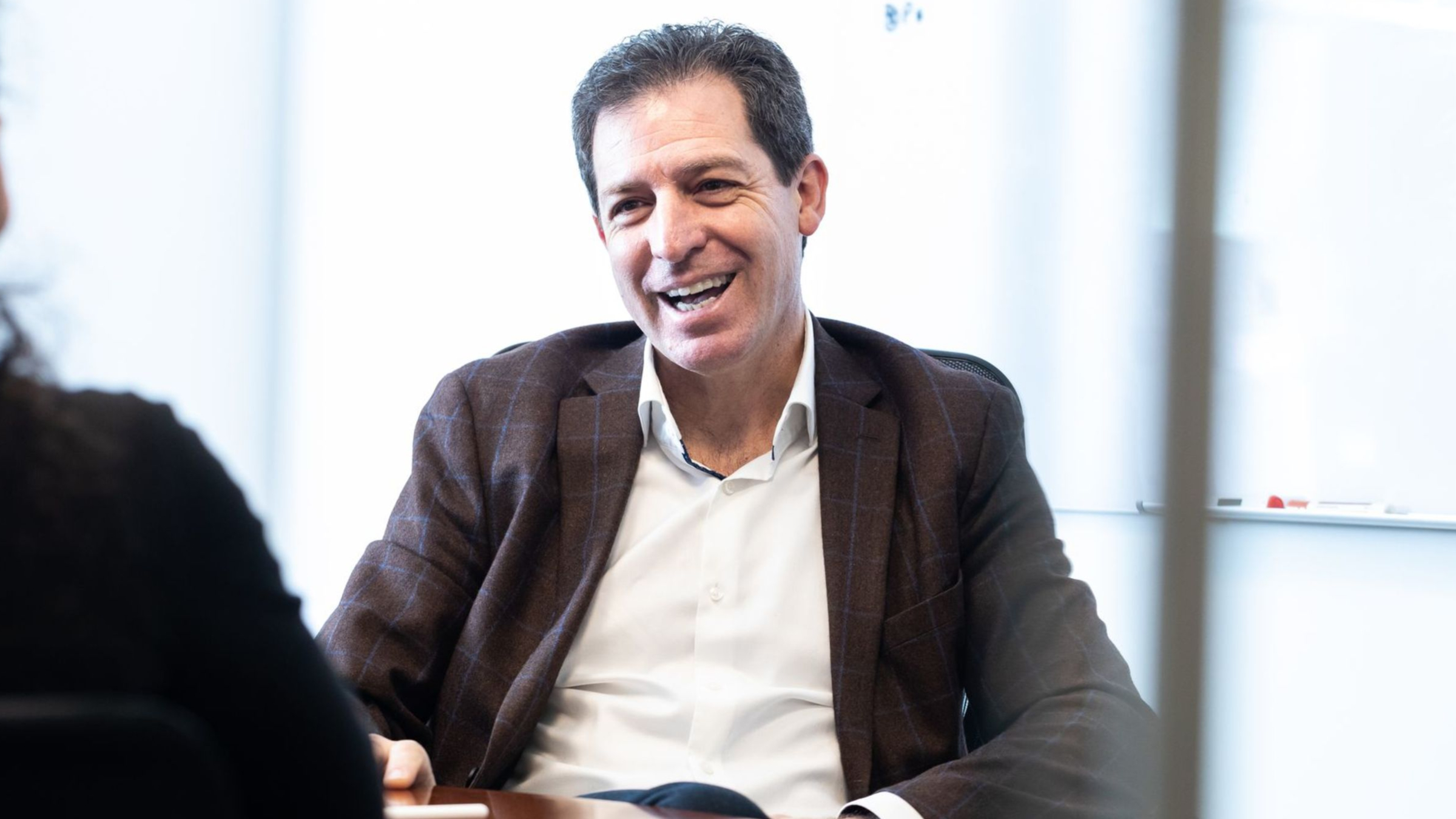
Juan Andres, Moderna president, strategic partnerships and enterprise expansion
Ready for retirement, Juan Andres is waving goodbye to Moderna in May
One of Moderna’s talents behind its rapid manufacturing ramp-up during the Covid-19 pandemic will retire.
Juan Andres, the company’s president of strategic partnerships and enterprise …
Sign up to read this article for free.
Get free access to a limited number of articles, plus choose newsletters to get straight to your inbox.